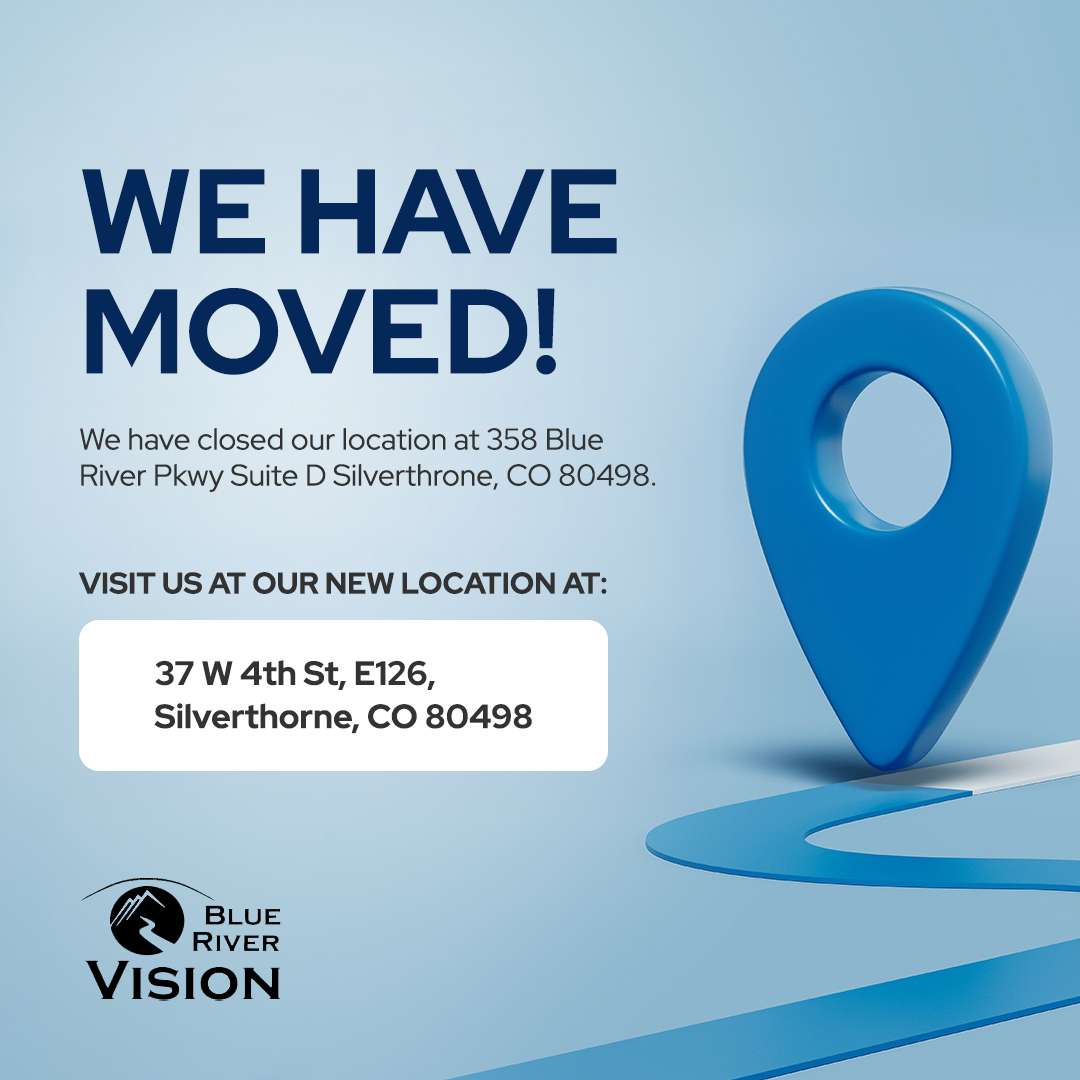
Are your glasses fogging up and slipping down all the time? Contact lenses offer freedom from these hassles. Enjoy clear eyesight all day without dealing with frames. But before you choose the right contacts for your eyes, you must consider several important factors.
Know Your Vision
Assess Your Vision
Many things impact contact lens choice. First, examine your vision's unique traits. Look at correction needs, astigmatism, and presbyopia. See if you need single-vision or progressive lenses. Talk about lifestyle, too, such as work settings and hobbies. Identifying your vision profile will guide you to the appropriate lens.
Picture the Future
Consider possible long-term vision changes. Might your correction needs or astigmatism level change over the years? Anticipating future trends will help you choose the most optimal contacts. Presbyopia also often develops around age 40, reducing near sight. Discuss with your doctor how lenses can adapt as you age.
Talk With Your Eye Doctor
Book a complete vision and eye health checkup. Discuss past and current correction requirements. Spotlight recent changes and family histories for context. Explain your lifestyle so your doctor can prescribe the best schedules for lens wear and replacement.
Compare Basic Lens Types
Soft Vs. RGP Lenses
Lenses are either soft or rigid gas permeable (RGP). Soft lenses give incredible comfort to most. But RGPs offer unmatched sharpness for some people, especially those with higher astigmatism. Flexibility is lower, though. To become comfortable wearing RGPs, people need a longer time to adjust.
Disposable Vs. Reusable
Another big decision is choosing between single-use daily disposables or reusable pairs. Daily disposables bring ease since they don’t require cleaning. You can simply wear a fresh set every morning. But reusable contacts permit lower long-term costs with proper care. You can consider these options based on your lifestyle and vision needs.
Consider Advanced Specialty Lenses
Beyond standard lenses, you can also choose cutting-edge specialty lenses, too. Astigmatism lenses fix blurred vision from uneven corneal shape. Multifocal lenses sharpen both distance and close-up sight. Extended depth lenses bridge between ranges. You can discuss options like these with your eye doctor to see if they might work for you. Advanced eye care technology has paved the way to serve today’s busy lifestyles.
Get the Perfect Fit
Arrange a dedicated contact lens fitting after picking possible matches. Your eye doctor fine-tunes the best fit for comfort and clarity. Trying different lenses during this appointment is crucial. Subtle differences between choices become clear. When you work with your doctor, lenses can feel virtually non-existent while worn.
Care for Long-term Eye Health
Closely Follow Steps for Lens Care
Protect eye health and contact lens performance through proper care. Closely stick to your doctor's cleaning, storage, and replacement guidance. Their personalized plan considers your eye physiology, lens choice, prescription, and more. Do not cut corners - inadequate care heightens the risk of eye irritation and infection.
Arrange Yearly Checkups
Visit your eye doctor annually, even if your vision is stable. They inspect overall eye condition, including the risks of wearing contact lenses. During routine visits, recheck if prescriptions and lens specifications still optimize your needs. Adjustments prevent subtle vision shifts before they become issues. Staying on top of appointments ensures continual comfort and clarity.
Finding the right contacts takes effort. But working with your eye doctor results in comfortable lenses. Follow these steps to uncover contacts offering years of crisp, bright sight free of hassles.
For more on contact lenses, visit Blue River Vision at our office in Silverthorne, Colorado. Call (970) 451-0015 to schedule an appointment today.





